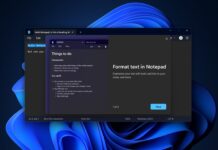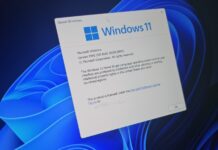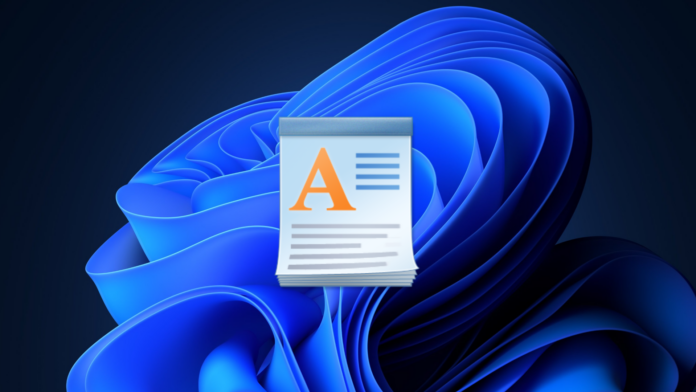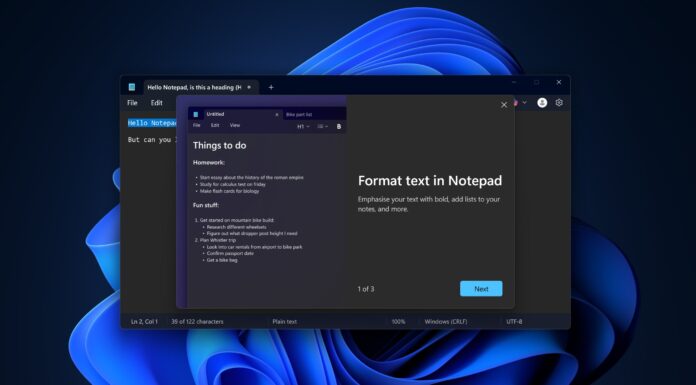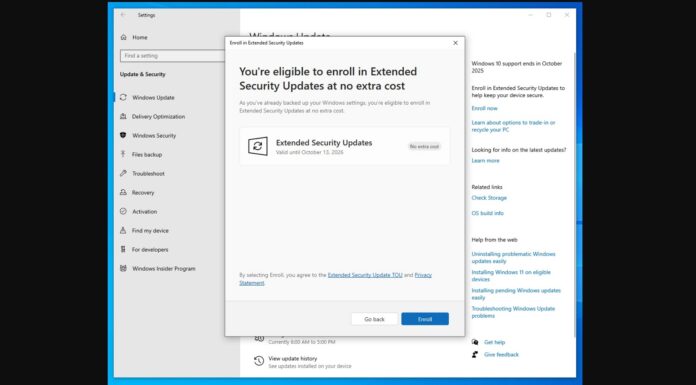Multiple Windows legacy features, including WordPad, were marked for deprecation in 2023. Microsoft didn’t clearly state the removal date in its original announcement. But now, the official support document has been updated to specify which versions of Windows will remove WordPad.
According to the updated support document, Microsoft will ship Windows 11 24H2 and Windows Server 2025 without WordPad. “WordPad will be removed from all editions of Windows starting in Windows 11, version 24H2 and Windows Server 2025,” Microsoft noted in its documentation, which was updated earlier this month.
Windows Latest verified the change in the Windows 11 24H2 builds by searching for WordPad in the Start Menu. It no longer appears in the search results. We also searched the Accessories sub-folder inside the Windows NT folder and noticed that the wordpad.exe and wordpadFilter.dll files were no longer there.
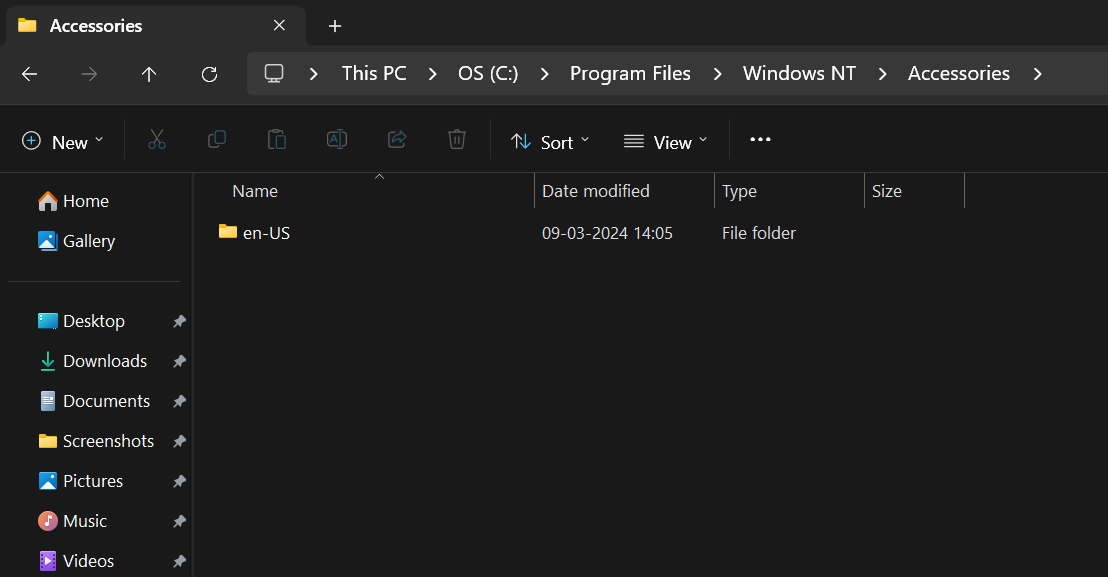
This confirms WordPad is no longer a part of Windows 11 24H2.
There are a few workarounds to continue using WordPad on your Windows PC. Currently, the Windows 11 23H2 still has WordPad, and so does the 22H2. Windows 23H2 consumer editions will be supported until November 2025, while 22H2’s support will end on October 10, 2024.
You can continue using Windows 11 23H2 for 20 more months with WordPad. The other workaround is to copy the wordpad.exe and wordpadfilter.dll files from the Accessories folder in Windows 11 and save them on your disk:
C:\Program Files\Windows NT\Accessories
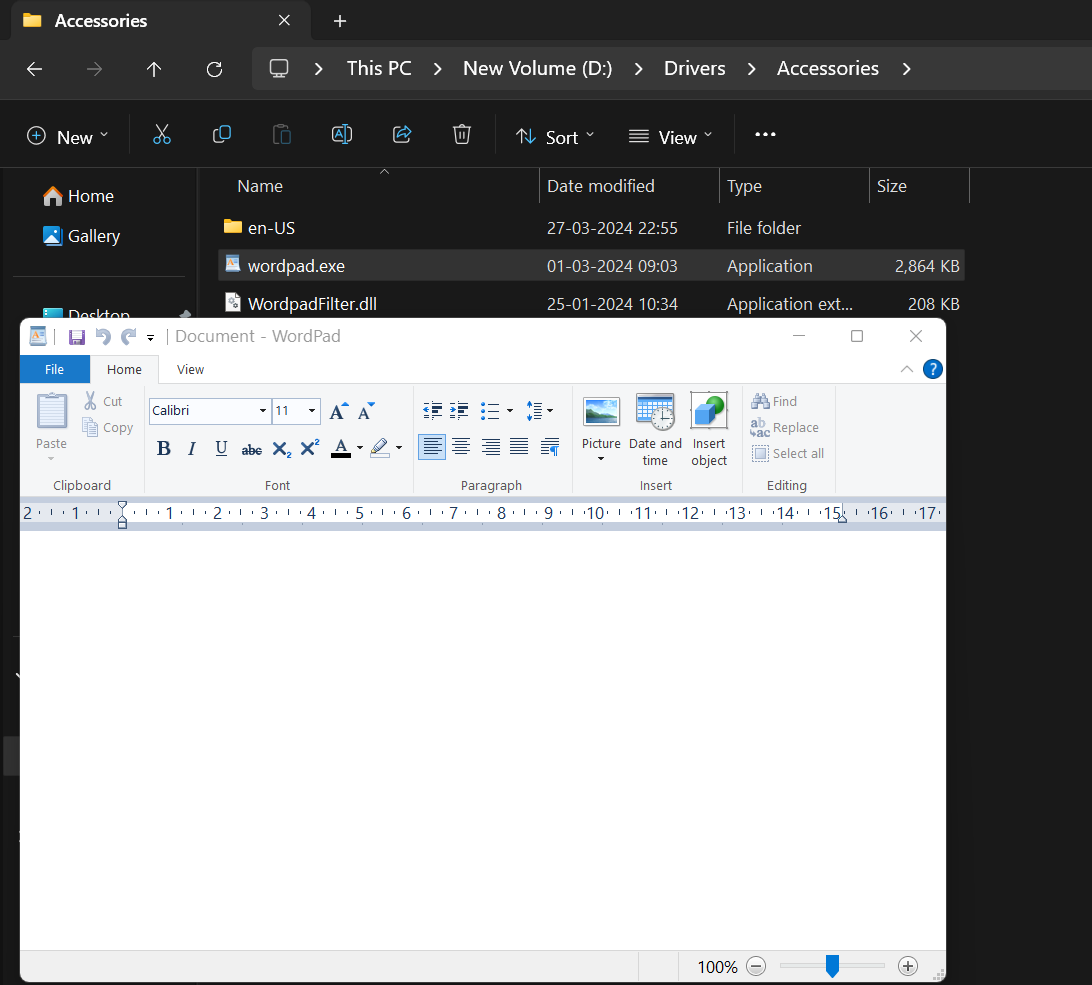
This way, you can run and use WordPad even after Microsoft removes it in the next feature update. But remember that WordPad is no longer in active development, so don’t expect any updates from Microsoft if you stick with It.
Removing a native text editor from Windows is bound to receive criticism from users, but what are the alternatives?
Microsoft suggests using Notepad and Word
Microsoft mentions in the support document that you still have ample options for opening and modifying documents. For “.txt” files, you can use Notepad, and for “.rtf” (Rich Text Format) files, you can use Microsoft Word.
Numerous improvements to Notepad make it an appealing option for text files, but Microsoft Word isn’t free. You can use the web version of Microsoft Office apps, including Word, which requires a Microsoft account. But that is way different from using a native app like WordPad, which doesn’t need the internet at all.
WordPad and Notepad are already present after installing Windows 11, which makes it easy to open document files without needing another app. However, Microsoft doesn’t offer the Word app for free, and you have to use either the web version or another app like LibreOffice.
If you use Windows 10, WordPad will remain a part of the OS until it reaches End of Support on October 14, 2025.

